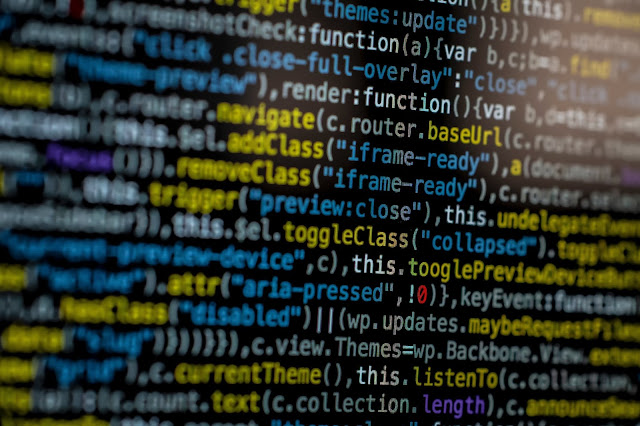How To Be Second Rate Developer Programmer
"Yes, but when was I going to use this?"
I took a deep breath. It's been five minutes, and you've asked this twice.
I was describing a very complex program process in a team of experienced engineers. I started by showing a few examples of how it is used in various Python libraries. I have explained the benefits of this program, in vague, high terms. And I have shown that it is widely used in the code base of Django, Flask, Twisted, Python test, SQL Alchemy, and a whole bunch of other Python libs that you use every day.
I started this way to encourage everyone. Because here's the thing: this is a high-level process, it takes a while to learn.
You should start by learning several Python features that you may not have used before, and the types of mindsets to work with successfully...
You should not learn certain things that most Python devs believe in Python's works, and then replace them with a different, more powerful, and more accurate understanding of how they work in principle... (That's difficult, if not clearly defined.)
And once you've done all that, you should take these strange pieces, and mix them well in unusual and unusual ways. You have to learn how to communicate well with a stranger, which forms the final code. Which is difficult in twelve different ways, until you get used to it.
Not surprisingly, less than 1 in 100 devs have ever read this method. That’s a high rating; I think it would actually be less than 1 in 10,000.
But if you learn to read it well...
It is at a completely different level than the rest of the Python system. Forever, in all your work.
Those devs who learn this technique, usually do it in weeks of focused, focused self-study. Scratching their heads, confused and confused and confused... and most of them, I suspect, are just a few minutes away from wanting to hit their keyboard.
But I found out how to teach it in 90 minutes.
However, return to this person:
It turns out that 90 minutes was too long for him. He had a certain voice ringing in his head, wanting to know the effective use of all the captions of the code I showed him. All the little building blocks... all the toy code examples that show the key point ... all the one-dimensional display of everything.
In his quest to be a better engineer, he was his worst enemy. Eventually I had to gently tell him to shut up, and stop interrupting, so that we could all learn something.
Our whole lesson:
If you are willing to invest your attention in what you can learn in a few minutes... you will never learn the skills that differentiate between advanced developers and world-class engineers.
Of course, you should let us know your time. Of course, you have to pick and choose where you invest your available energy and attention.
But don't be like this guy, unless you never want to exceed the highest level of professionalism.
The Powerful Python Newsletter is just for you. As student Charles Hayden puts it:
Regards:Neeraf60

